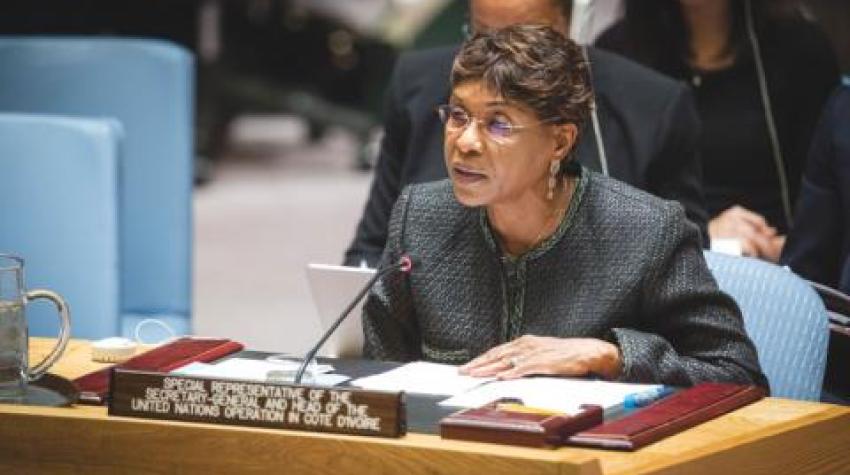
From Independence to Long-term Stability: United Nations Efforts in Africa
With the establishment of multidimensional peace operations and political missions, the United Nations has not only contributed to the gradual stabilization of the entire West Africa region, but has greatly influenced the course of regional dynamics, politics and policies.
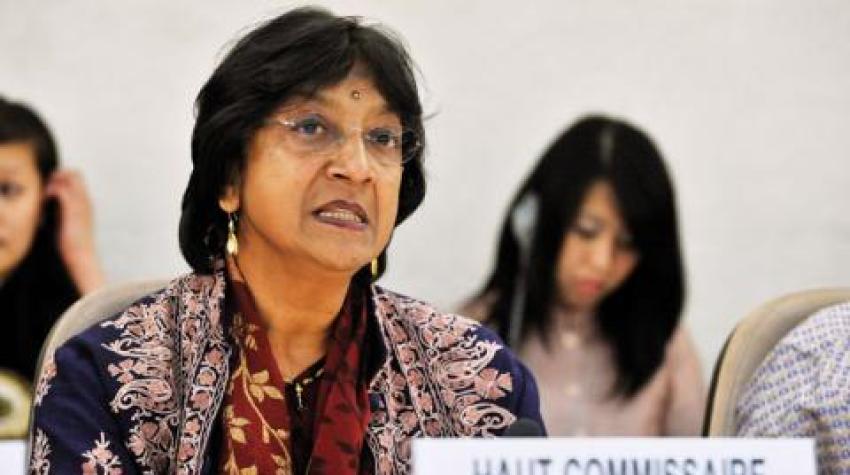
From Rhetoric to Reality
The United Nations provides us with a standard of values and norms, together with the tools to implement them. It has advanced resoundingly from a State-centred system of traditional international law, based on the pre-eminence of State sovereignty, into a norm-based institution. Its goals are clear: while respecting the freedom of sovereign States, it is also dedicated to protecting and promoting peace, security, development, rule of law and human rights for the people of the world.
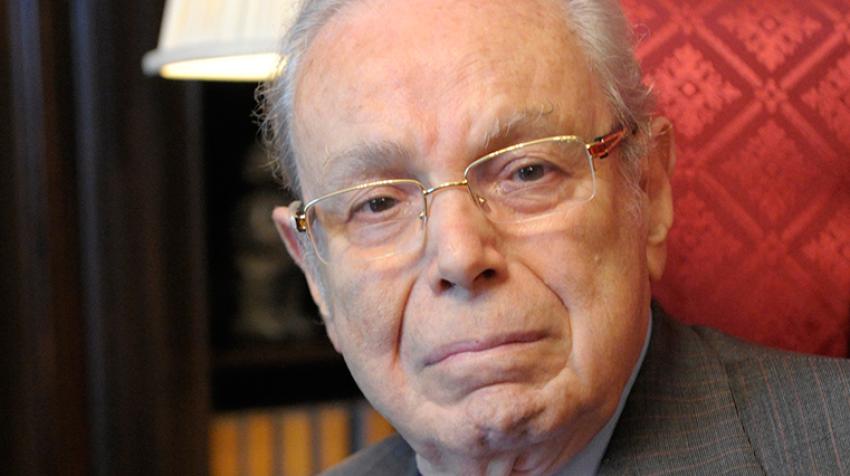
Independence and Impartiality as the Heart and Soul of the Secretary-General
When I attempt to distill my experience to its most precious essence, I come up with a single word: independence. That word encapsulates what gave me the strength and the ability to make a positive difference regarding a number of seemingly intractable issues that had bedeviled the international community, defying solution for years and years.
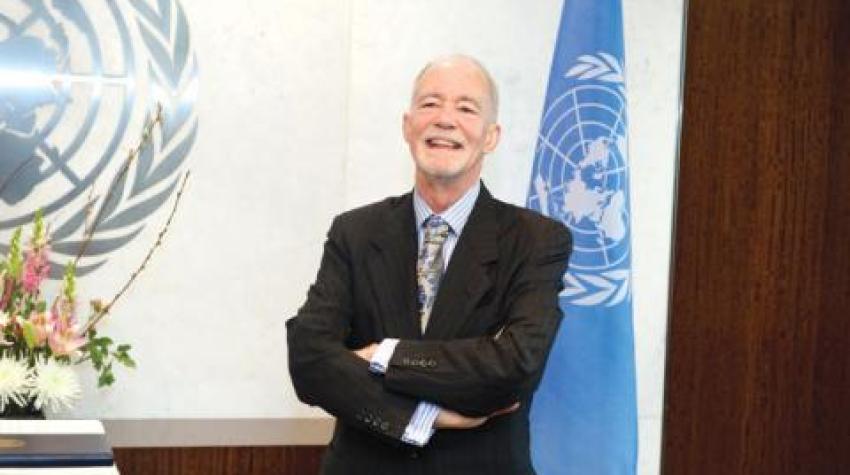
The United Nations and Its Discontents—An Academic View
While the next Secretary-General will face serious leadership challenges in nourishing the Organization and keeping it agile, the critical determinants of the future for the United Nations remain the Permanent Five, each of which may or may not be willing to face the urgent need for meaningful change.

Foreword
In the spring of 2014, we started preparations for the 70th anniversary of the United Nations in 2015 and began exploring options that, in addition to being celebratory, would also contribute to substantive discussions about our Organization. Producing this special double issue of the UN Chronicle was at the top of the list of platforms for such discussions.
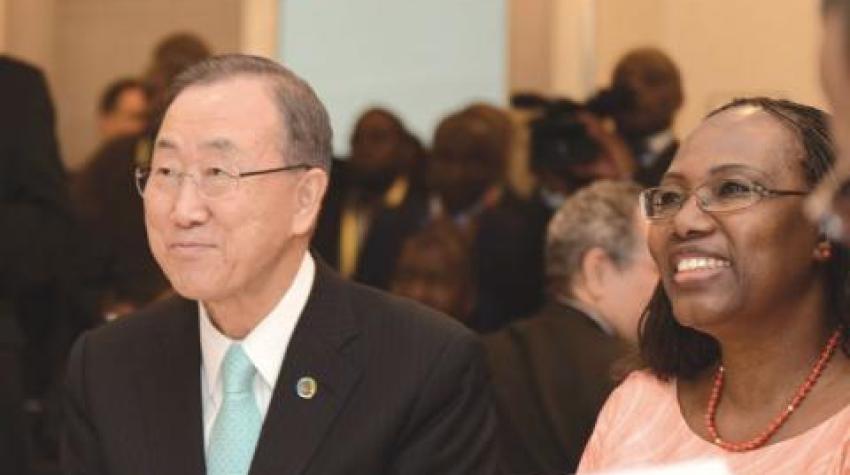
The United Nations at 70: Working as One to Deliver a Healthy Future for All
Good health cannot be achieved in a vacuum, however. If we are to truly create a healthier world, we must employ a health for all mentality and work across sectors to fully understand and respond to all social and environmental determinants of health
Academia and Aid Effectiveness in Global Health
What is the role of academia in promoting or hindering aid effectiveness? Thisarticle aims to address the crucial role played by academia in the past two decades especially after the Paris,Ghana and Busan high-level meetings on aid effectiveness.
The Role of the United Nations Ethics Office:The Ethics of International Civil Service in the Light of the Foundation and Mission of the United Nations
So what does the birth of the United Nations signify?How is the birth of the United Nations itself an ethical matter?To answer that question we must turn to the actual language of the United Nations itself and how it envisions its own ethical framework.
Is Democracy a Pre-Condition in Economic Growth? A Perspective from the Rise of Modern China
In recent years, many developing countries in Asia recorded high economic growth and have become global economic engines. China is no exception and has become the new powerhouse in global economic development during the pre- and post-global subprime financial crisis and eurozone debt crisis.
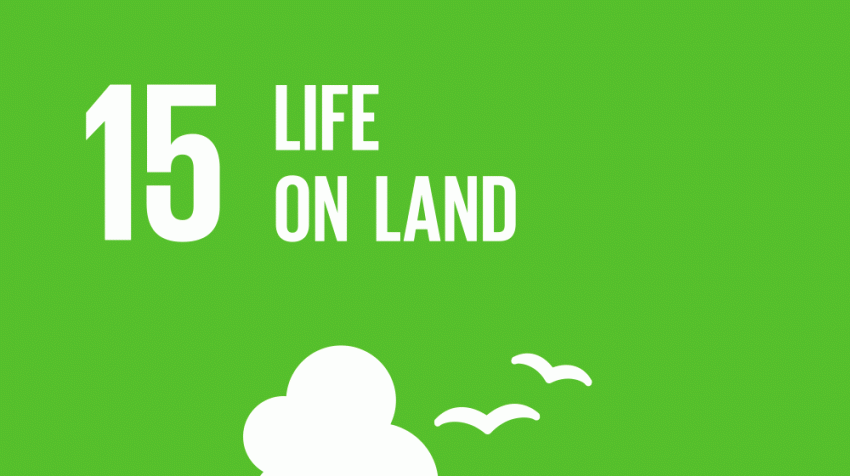
Goal 15—Seeing the Forest for the Trees—Making the Most of Synergies to Achieve SDGs in a Constrained Environment
Tackling deforestation, land degradation, desertification and the protection of biodiversity cannot be treated in isolation: healthy ecosystems are the bedrock of poverty reduction efforts, resilient and productive farming, and water systems that underpin development and growth.

